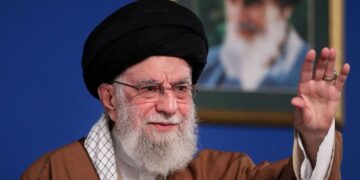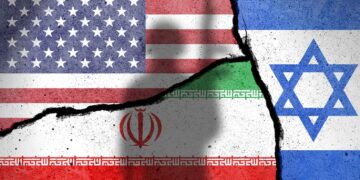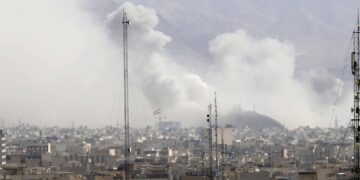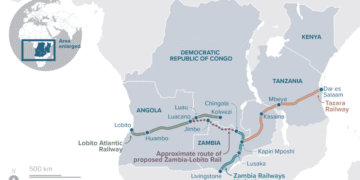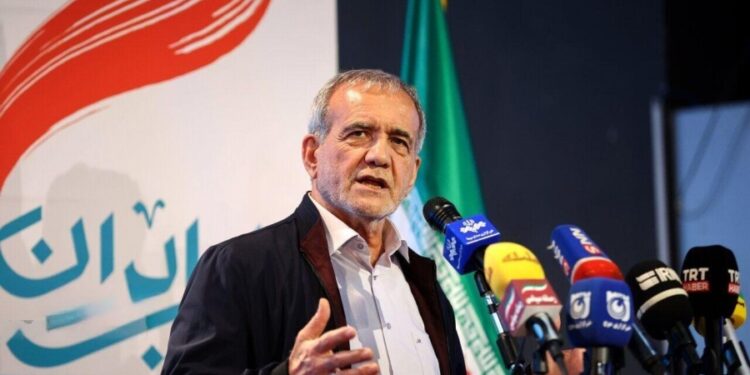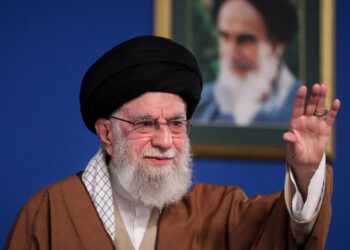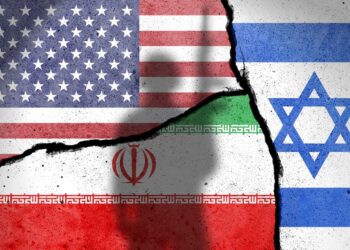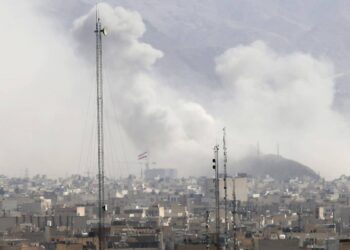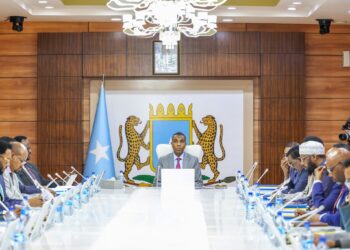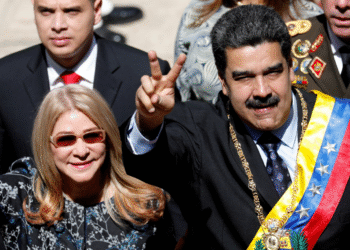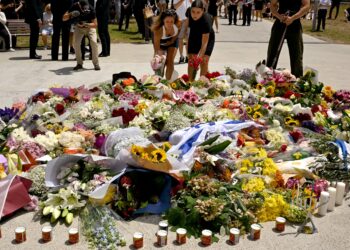Tehran – Iran’s Supreme National Security Council has warned that the country will suspend cooperation with the United Nations’ nuclear watchdog if European powers move forward with efforts to reimpose international sanctions.
The warning came a day after the UN Security Council failed to adopt a resolution to permanently lift sanctions against Iran. France, Germany, and the United Kingdom—collectively known as the E3—triggered the “snapback” mechanism on August 28, accusing Tehran of violating its 2015 nuclear deal commitments.
Russia and China, both signatories to the deal, rejected the European initiative.
In a statement on Saturday, the Supreme National Security Council, chaired by President Masoud Pezeshkian, described the E3’s actions as “ill-considered” and accused them of undermining months of talks with the International Atomic Energy Agency (IAEA).
“Despite Iran’s cooperation with the IAEA and the proposals presented to resolve the issue, the European decision will effectively suspend the path of cooperation with the Agency,” the council said.
Deputy Foreign Minister Kazem Gharibabadi told state television that a recent agreement with the IAEA in Cairo would be “completely stopped… if nothing special happens in the field of diplomacy.”
Under the 2015 Joint Comprehensive Plan of Action (JCPOA), Iran agreed to restrict its nuclear program in exchange for sanctions relief. The deal collapsed in 2018 when then-U.S. President Donald Trump withdrew and reinstated unilateral sanctions.
The IAEA reported earlier this year that Iran holds more than 400 kilograms of uranium enriched to 60 percent—just below weapons grade. Iran maintains its nuclear activities are strictly peaceful.
The snapback sanctions, which could take effect as soon as next Sunday, would reimpose an arms embargo, prohibit uranium enrichment and missile activities, and freeze Iranian assets globally while restricting travel for individuals and entities.
The E3 had signaled a willingness to delay the sanctions for six months if Iran restored full access for UN inspectors and engaged in talks with Washington.
Defiant in the face of looming penalties, President Pezeshkian vowed on Saturday that Iran would “overcome obstacles” and resist external pressure.
“We have never bowed and will never bow to excessive demands because we have the power to bring about change,” he said, according to Press TV.
Referring to past Israeli-backed attacks on Iranian nuclear sites, including Natanz and Fordow, Pezeshkian added that while “enemies” sought to destroy these facilities, Iranian scientists would rebuild them.

